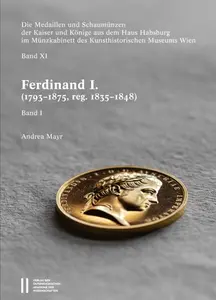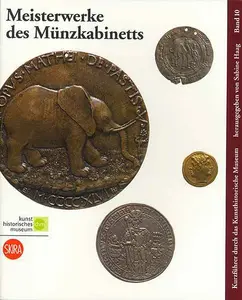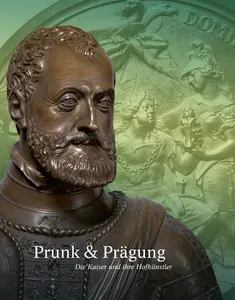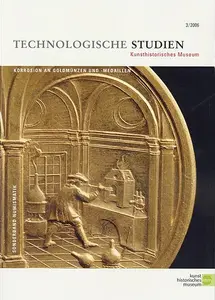The display is split across three rooms. Gallery I offers an overview of the history and evolution of medals from their beginnings in Italy around 1400 to the twentieth century. Austrian and European decorations of honour can also be seen here. In Gallery II the focus is on the history of coins and banknotes, from pre-monetary forms of currency and payments in kind to the invention of coins dating from the seventh century BCE to the present day. Gallery III is reserved for special exhibitions. Also worthy of note is the famous portrait collection of the Tyrolean sovereign Archduke Ferdinand II (r. 1564–1595) on display opposite the coin and medal portraits.
Coin Cabinet
The Vienna Coin Cabinet has its roots in The Imperial Collections of the Habsburgs, with the oldest surviving inventory dating from 1547. Today, it is one of the five largest and most important coin collections in the world. Containing approximately 600,000 objects spanning three millennia, it not only includes coins but also pre-monetary forms of currency, bank notes, shares, medals, orders, and decorations. It furthermore features an extensive collection of embossing tools.
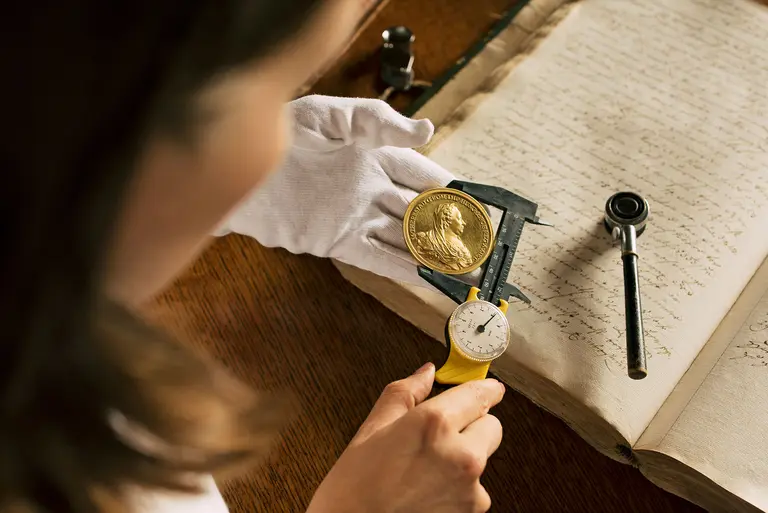
About the collection

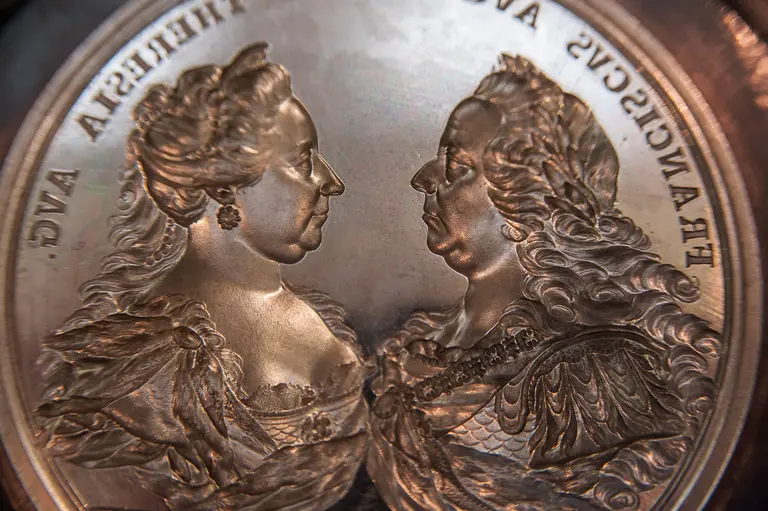


Research projects on the collection
Publications on the collection
Contact
Permanent exhibition
The Coin Cabinet is permanently located on the second floor.
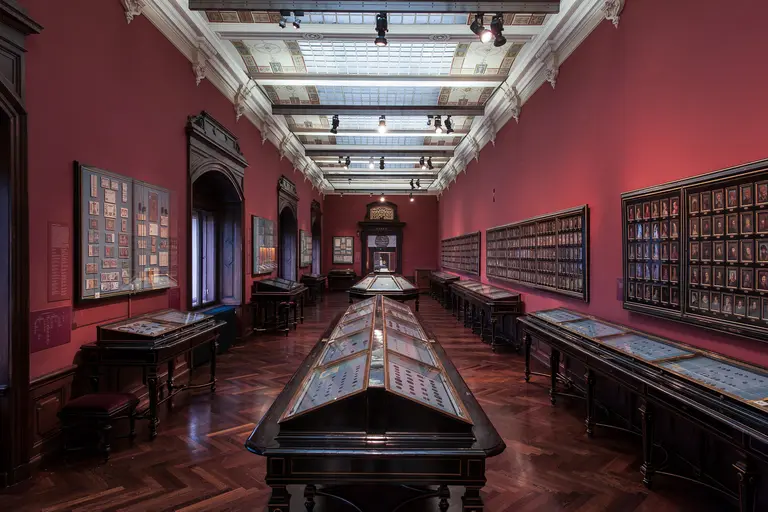
The Coin Cabinet is located on the second floor of the Kunsthistorisches Museum. Featuring over 600,000 items, it is one of the largest and most important coin collections in the world. The exhibition features high-quality exhibits set amidst impressive historical furnishings.
